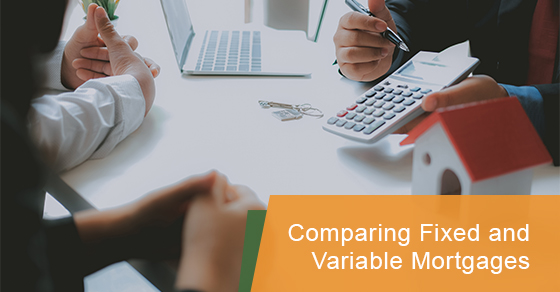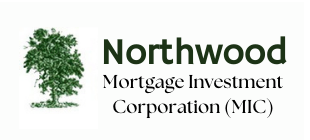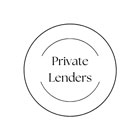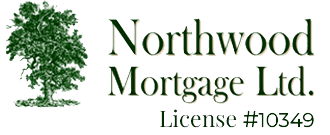Deciding on a mortgage rate can feel a bit stressful. Whether you pick a fixed or variable rate, it has a big impact on how much you pay over the long term. While some people may advise you to pick one over the other, what may seem right to them may not be right for you. To decide the rate option that fits you best, it’s important to understand the difference between fixed-term mortgage rates and variable ones.
Fixed-Term Mortgage
A fixed-rate is one that stays the same throughout the life of the loan. While it is usually higher than a variable-rate mortgage, it helps borrowers to stick to a budget as the mortgage payments won’t change throughout the term. If you’re not sure whether it is the right option for you, ask your broker about exploring your fixed-term mortgages options in Toronto.
Variable Mortgage
A variable-rate mortgage is one that fluctuates, based on the current interest rate. It is usually lower than a fixed rate, which can save a borrower money. However, your monthly mortgage payments could be different from month to month.
Best for Borrower
Determining the best mortgage type for a borrower depends on a number of things, including:
Risk tolerance – how comfortable you are with changes in the interest rate you have on a mortgage. Variable mortgages can fluctuate quite a bit throughout a term. For homeowners that get concerned when they hear of a rate increase, sticking with a fixed mortgage may be the best choice.
Penalty fees – the penalty you’ll pay for a variable mortgage will almost always be lower than a fixed mortgage. While you may not be thinking about breaking your mortgage right now, even refinancing for a lower rate in the future will be more costly with a fixed mortgage.
Life goals – when you first consider a mortgage, it’s easy to think you know where you’ll be in five years’ time. However, life can be unpredictable. If you’re not sure what the future will hold and you want to avoid high penalties for breaking the mortgage early, a variable rate would be your best option.
Rate difference – if there is a big difference between the fixed and variable rates available to you, the more attractive the variable mortgage becomes. It’s true that a variable rate may increase so much that it becomes higher than the fixed rate you would have paid. But if there is a significant difference between the rates, it’s unlikely that will happen.
Market forecast – read up on the predictions that experts and the Bank of Canada are making for the future. While they are not always accurate, sometimes they are. It’s best that you understand what may happen over the next few months before you make a mortgage decision.
If you are interested in learning more about mortgage rates, call Northwood Mortgage™ at 888-492-3690 or contact us here.






































